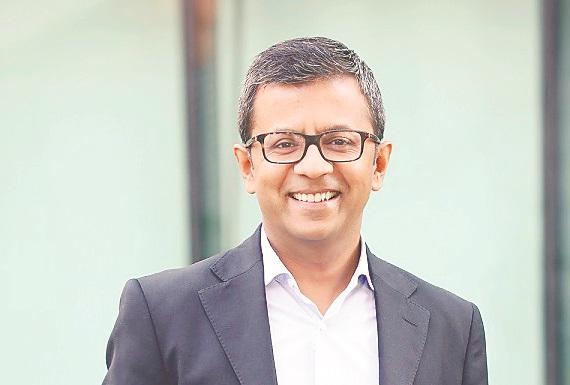PETALING JAYA: Online course provider Coursera Malaysia registered higher learner base growth of nearly 30% year-over-year (y-o-y) with more than a million enrolments in the last five years, spurred by overall local demand.
“In Malaysia, Coursera has witnessed a steady 27% y-o-y growth in its learner base, now totalling more than 754,000 registered learners. This promising growth is further highlighted by 1.4 million course enrolments, marking a 4.3 times increase over the past five years from 2019.
“It is evident that amid a global talent shortage stemming from ageing populations and digital transformation, Malaysians are showing higher expectations to be upskilled as jobs become increasingly specialised,” according to its Asia-Pacific managing director, Raghav Gupta.
He said that as Malaysians increasingly embrace online learning for its flexibility, the company noted a 50% surge in the time commitment of Malaysian learners in 2023.
“The demand for learning continues to expand. We see no signs of this slowing down and anticipate a sustained demand in learning needs among both working professionals and students in the future,” he added.
Raghav cited Randstad’s global Workmonitor report released last month, which found that one in two professionals in Malaysia said they would switch jobs if they did not receive enough career development opportunities. Hence, he opined that learners on Coursera are increasingly leveraging the platform to develop career-oriented and in-demand skills, particularly in areas experiencing rapid technological advancement.
“As a result, the demand for generative artificial intelligence (GenAI) content has surged significantly in Malaysia with searches for GenAI content growing by sevenfold in 2023 compared to 2022. Notably, enrolments in GenAI courses among women learners have increased by 3.8 times between January and March 2024 compared to the same period in 2023,” Raghav told SunBiz.
Meanwhile, he said, the company foresees opportunities for collaboration between various campuses across Malaysia to offer multidisciplinary learning approach.
On the higher education front, he noted that the Ministry of Higher Education has partnered with the Malaysian Qualifications Authority (MQA) to encourage campuses to work collaboratively with industry players and learning institutions to introduce the latest skills and learning opportunities to their students.
“To put this into perspective, MQA now allows 30% of students' credits from Malaysian campuses to be obtained through online platforms, paving the way for our collaboration with numerous campuses nationwide to facilitate a multidisciplinary approach to learning,” Raghav said.
Over the past years, he said, the company has been steadily expanding its local footprint by working with industry players to upskill and reskill their employees to remain competitive in the face of growing demand for new capabilities and skill sets.
“We observe a rising number of learners from Malaysian companies utilising Coursera's platform,” he shared.
Recently, Coursera inked a memorandum of understanding with Human Resources Development Corp (HRDC) to enable companies to provide learning opportunities for their employees through the Coursera platform.
With this collaboration, Raghav said, Coursera for Business (C4B) is now claimable through HRDC, allowing companies to receive their contributed funds while keeping their employees equipped with the latest skills essential for the workforce.
Beyond individual learners, the open online course provider collaborates with companies, educational institutions and government bodies such as Telekom Malaysia and Maxis to provide targeted skills development programmes in technology, data science, leadership as well as GenAI for their partners’ employees.
Touching on its enterprise platforms, which include C4B, Coursera for Campus as well as Coursera for Government, Raghav noted that it has witnessed a surge in demand for learning solutions in Malaysia, which aligns with the Human Resources Ministry’s stance that emphasises the need for reskilling and upskilling of the workforce in response to GenAI’s impact on jobs.
Based on previous reports, he said, it is expected that more than four million Malaysians could potentially face job displacement due to automation, underscoring the pressing need for corporate learning initiatives.
“ We are confident that our combined efforts with HRDC, coupled with the current market urgency, will enable us to serve a significantly larger number of Malaysian companies and employees,” Raghav said.









